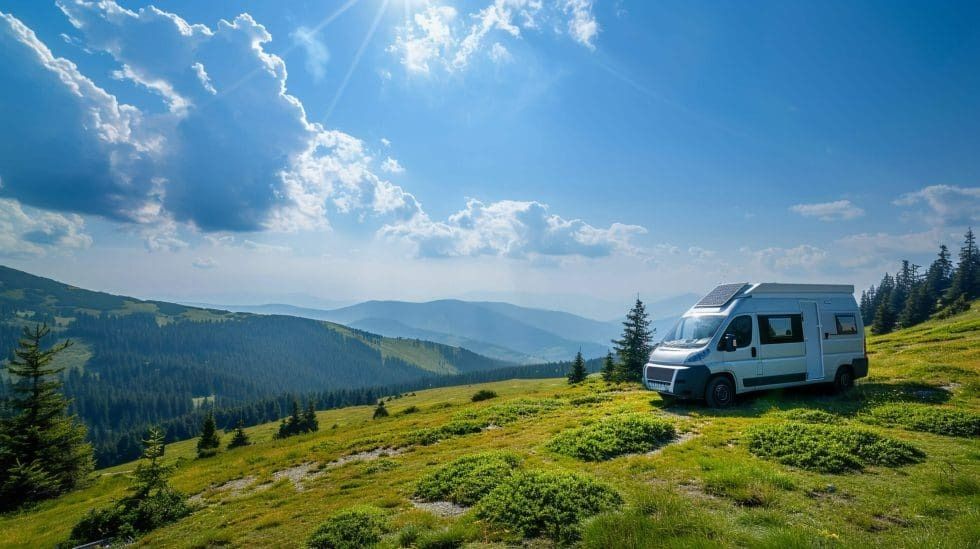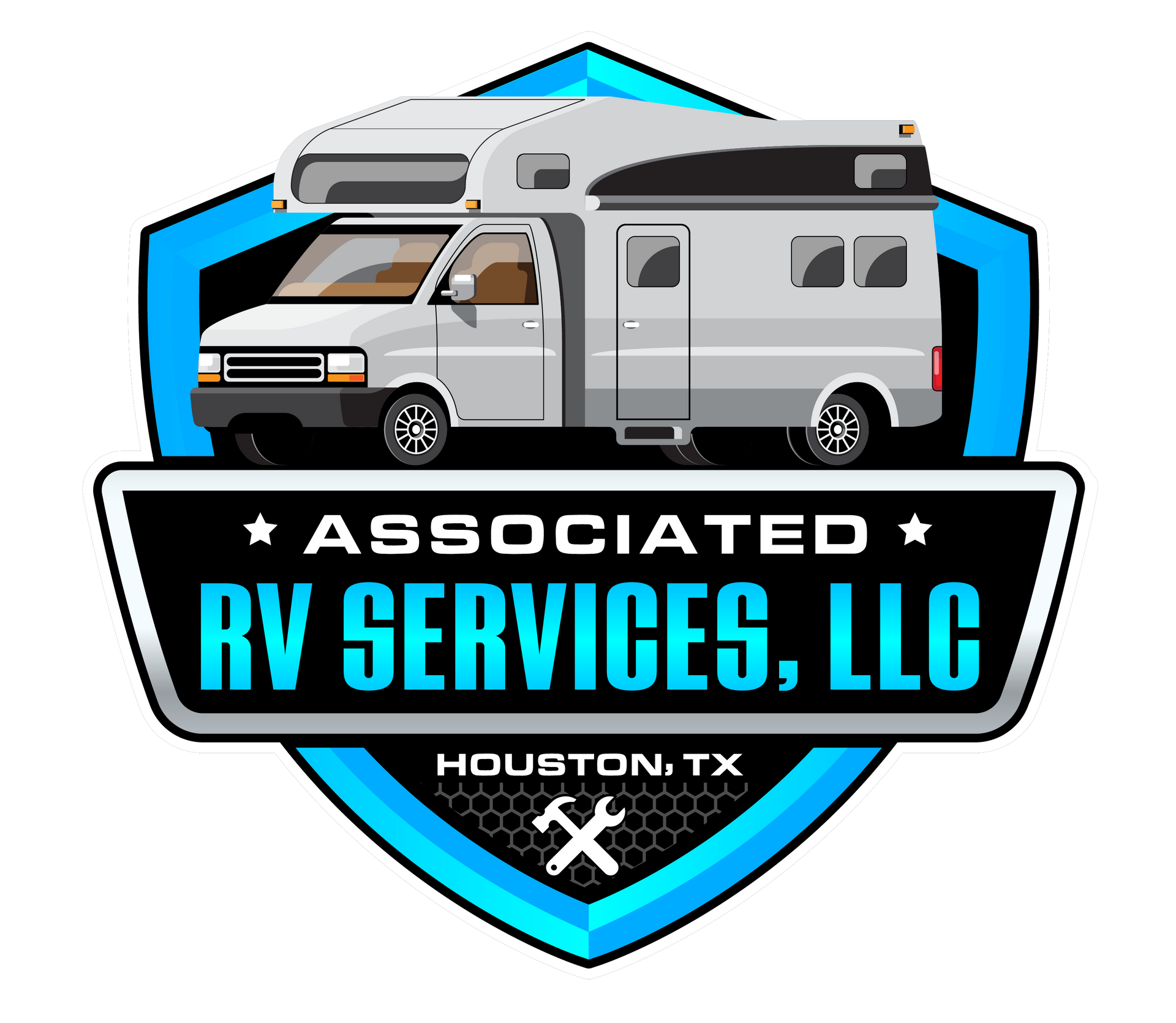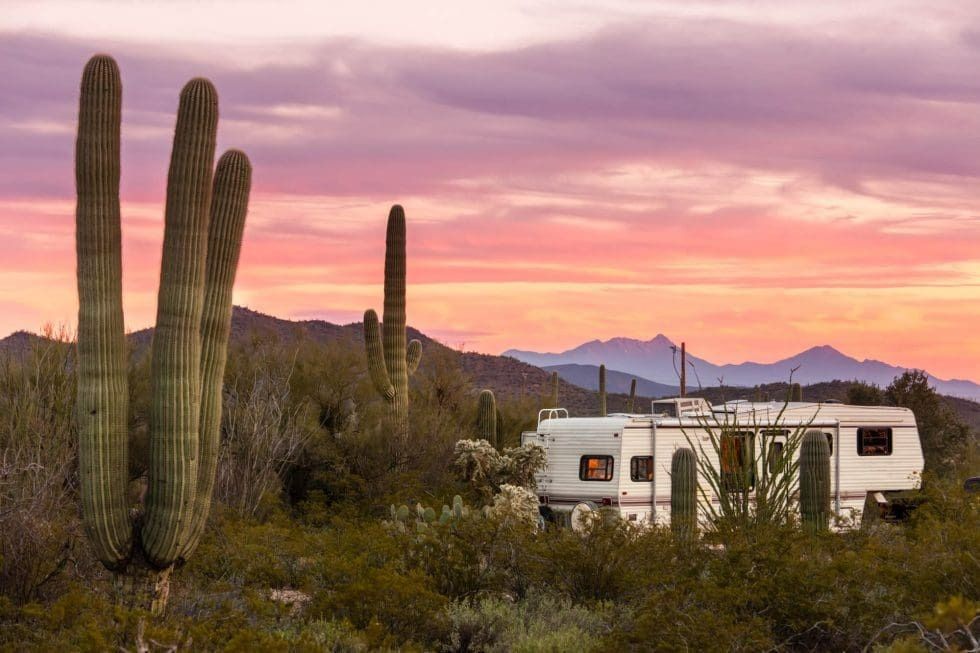Debunking RV Myths: What Every RV Owner Should Know

Debunking RV Myths
The allure of hitting the open road in an RV can be irresistible, promising freedom, adventure, and a home away from home. However, the RV lifestyle is surrounded by myths and misconceptions that deter potential owners or cause confusion for those already on the road. Today, we’re debunking RV myths and setting the record straight.
Myth 1: RVing is Just for the Wealthy
One of the most pervasive myths is that RVing is reserved only for the wealthy. While it’s true that some RVs come with luxury features and high price tags, there are many affordable options available. From used RVs to smaller, more economical models, there’s an RV to fit every
budget. RV travel costs are often much lower than traditional vacations because you save on hotel stays and dining out.
Myth 2: RVs are Difficult to Maintain
Many people believe that maintaining an RV is complex and time-consuming. While RVs require regular upkeep, the process is manageable with some basic knowledge and routine care. Regular maintenance includes checking the tires, roof, and fluid levels and verifying that the plumbing and electrical systems function correctly. Keeping up with these tasks prevents major issues and prolongs the life of your RV. Plenty of resources and professionals are available to assist with more complex repairs.
Myth 3: RVs are Unsafe for Long Trips
Safety is a top concern for any traveler, and RV owners are no exception. However, modern RVs are designed with safety in mind and have features such as anti-lock brakes, stability control, and multiple airbags. The key to a safe RV trip is to ensure your vehicle is in good working order before hitting the road. Regular maintenance and adherence to safety guidelines, such as checking tire pressure and proper load distribution, will keep you and your passengers safe.
Debunking RV Myth 4: RV Living is Uncomfortable
Another common misconception is that RV living is uncomfortable and lacks the conveniences of home. While RVs have limited space compared to a traditional house, many models are designed to be comfortable. Features like high-quality mattresses, well-designed interiors, and climate control systems allow you to enjoy a comfortable living experience. You’ll make your RV feel like a cozy and functional home with some organization and creativity.
Myth 5: RVs are Not Environmentally Friendly
In an era where environmental concerns are at the forefront, some believe RVs are inherently bad for the planet. While RVs consume fuel and generate emissions, technological advancements have led to more eco-friendly options. Many RV manufacturers are incorporating energy-efficient systems, such as solar panels and
LED lighting, to reduce environmental impact. RV owners should also adopt eco-friendly practices like minimizing waste, conserving water, and using green products to lessen their footprint further.
Myth 6: You Need Special Skills to Drive an RV
Potential RV owners may find the idea of driving an RV intimidating. However, with practice and proper training, most people can become proficient RV drivers. Many RVs are designed to be user-friendly, with features that assist in parking and maneuvering. Taking a driving course or practicing in an empty parking lot will help build confidence and ensure you’re comfortable operating your RV.
Whether you’re a seasoned RVer or considering your first purchase, understanding the facts will help you make informed decisions and enjoy a fulfilling RV experience.
FAQs For Debunking RV Myths
What is the best way to prepare my RV for a long trip?
To prepare for a long trip, confirm your RV is in good condition by performing a thorough inspection. Check the tires, brakes, fluids, and all systems, including electrical and plumbing. Pack
essential tools and supplies, and plan your route with potential stops for rest and maintenance. Regularly review your RV’s manual for specific maintenance recommendations.
Are there RVs designed for winter travel?
Yes, there are RVs specifically designed for winter travel. These models have insulated walls, heated tanks, and winterized plumbing systems to handle cold temperatures. If you plan to travel in winter, look for RVs with these features, or consider winterizing your RV yourself.
How can I reduce the environmental impact of my RV?
To reduce your RV’s environmental impact, consider using solar panels for energy, practicing water conservation, and minimizing waste by recycling and using eco-friendly products. Proper RV maintenance ensures efficient fuel consumption and reduces emissions.
Associated RV Services provides professional RV inspections and services in southeast Texas and Louisiana.
Contact us to schedule an appointment.
Recent Posts
Business Hours
- Mon - Fri
- -
- Saturday
- -
- Sunday
- Closed
By appointment only
Phones Answered After Hours









